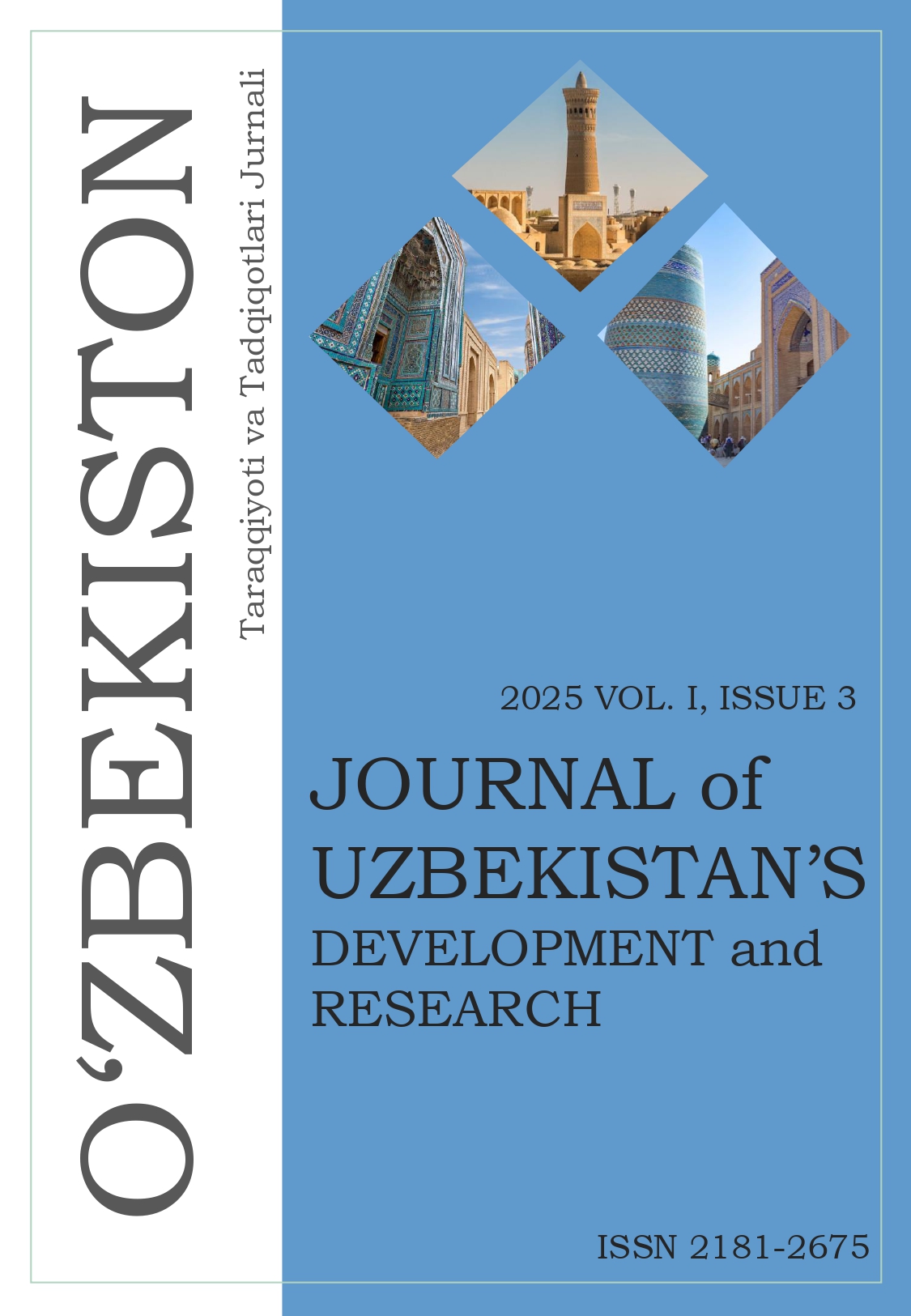DEVELOPING LANGUAGE SKILLS ON MOTIVATIONAL TOOLS OF GAMIFICATION IN EARLY CHILDHOOD
Keywords:
Early Childhood Education; Language Development; Gamification; Educational Technology; Motivation; Vocabulary Acquisition; Interactive Learning; Intrinsic Motivation; Preschool Learning; Story-based Learning.Abstract
This study explores how gamification—using game design
elements in non-game contexts—can be effectively utilized to
develop language skills in early childhood education. By analyzing
motivational tools such as badges, points, storytelling, and
interactive challenges, the paper evaluates their impact on
vocabulary acquisition, speaking, listening, and basic reading skills.
The research aims to provide practical insights into integrating
gamification into early learning environments to enhance
engagement and outcomes.
References
1. Assaf, T.: La place des jeux traditionnels dans l'EPS : analyse socio-historique de 1891 à nos
jours; le cas de la Gironde (2010). Available: http://www.theses.fr/2010BOR21708 (current
May 2019)
2. Piaget, J.: Play, Dreams and Imitation in childhood. New York: W. W. Norton &
Company.(1952)
3. Sheridan, M., Howard, J., Alderson, D.: Play in Early Childhood. Routledge, London (2011)
4. Landry, S.H.: The role of parents in early childhood learning. In: Tremblay, R.E. (ed.)
Encyclopedia on Early Childhood Development (2014)
5. Erola, J., Jalonen, S., Lehti, H.: Parental education, class and income over early life course
and children’s achievement. Res. Soc. Strat. Mobil. 44, 33–43 (2016)
6. Torkel, K.: The Learning Brain: Memory and Brain Development in Children. Oxford
90 University Press (2012)
7. Kolb, B., Gibb, R.: Brain plasticity and behaviour in the developing brain. Journal of the
Canadian Academy of Child and Adolescent Psychiatry, 265–276 (2011)
8. Thompson, R., Nelson, C.: Developmental science and the media: Early brain development.
American Psychologist. 56, 5-15 (2001)
Published
Issue
Section
License
Copyright (c) 2025 Matmuratova Sarbinaz (Author)

This work is licensed under a Creative Commons Attribution-NonCommercial-NoDerivatives 4.0 International License.
All Rights Reserved.





